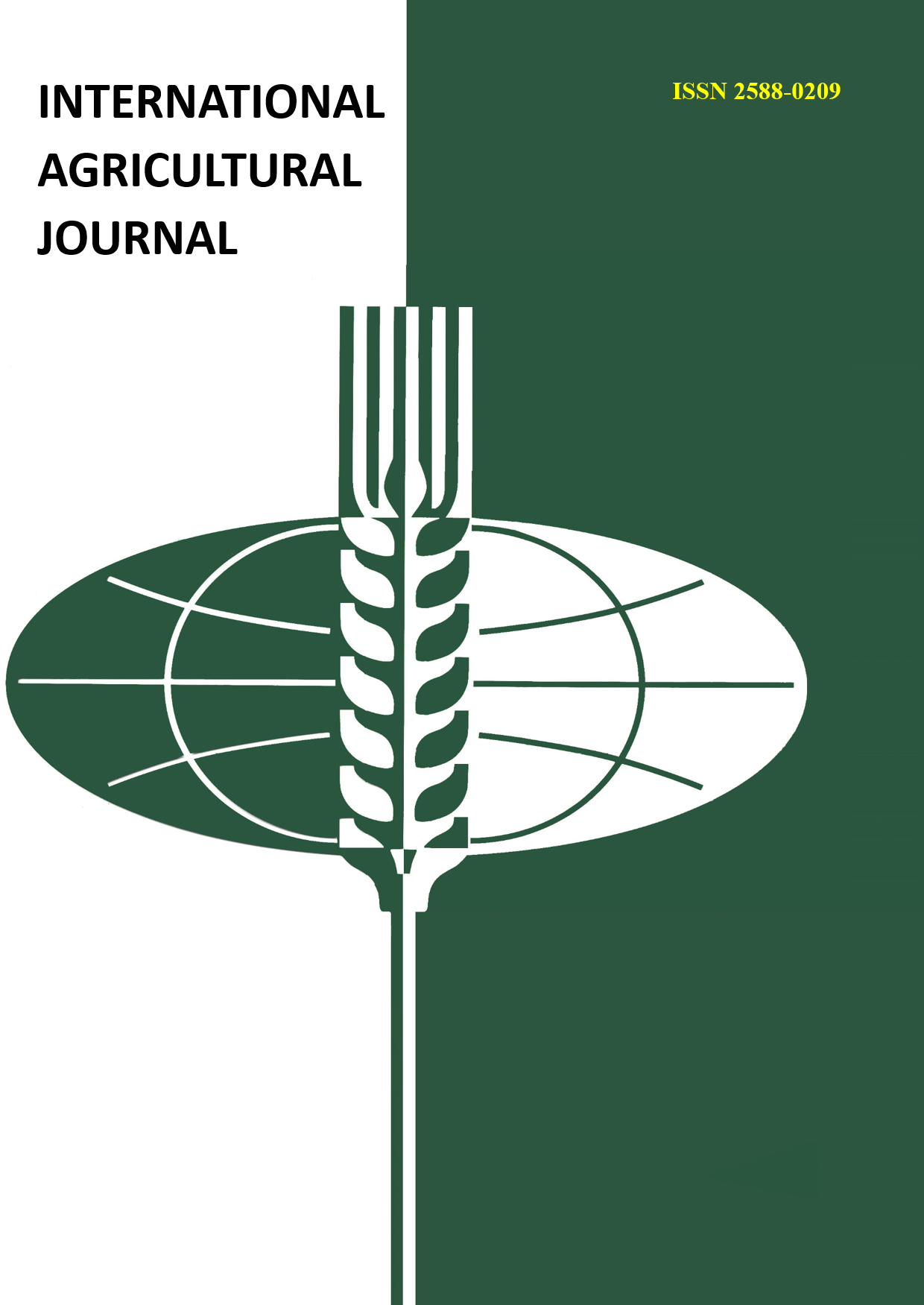The article considers the possibility of using the mineral vermiculite as a sorbent in relation to iron (III) cations. In some countries there is a significant shortage of fresh water. Fresh water often contains various salts of iron and other heavy metals in quantities that are toxic to a living organism, or complicate the operation of technical devices. Prolonged use of polluted water leads to various diseases of animals and humans. To extract heavy metal cations, among which iron stands out, from a variety of environmental objects, as well as agricultural objects, the use of pre-concentration methods is very effective. A special place among natural sorbents is occupied by vermiculite - an environmentally friendly, cost-effective natural preparation, the hydrophobicity of which allows to expand the range of its application not only for the purification of natural waters, but also industrial and domestic wastewater, the elimination of oil spills, organic toxic liquids in the water area, as well as agricultural facilities. For example, some scientists suggest using vermiculite in poultry farming, fur farming, animal husbandry as a litter and as an enterosorbent. In order to increase the efficiency of the use of sorbents for the extraction of heavy metal ions, for example, iron, studies have been conducted on the immobilization of vermiculite. To experimentally substantiate the choice of a modifier, it was necessary to compare the rates of sorption of iron ions from solutions of different concentrations, as well as the rate constants. As a result of the study, it was found that the activity of magnesium-modified vermiculite is 1.6 times higher than its native form. In addition, the possibility of using immobilized vermiculite is shown not only to purify soft natural waters from toxic iron(III) ions, but also to simultaneously enrich them with missing magnesium ions to improve the quality of drinking water, which emphasizes the practical significance of this work.
sorbciya, vermikulit, zhelezo, ob'ekty sel'skohozyaystvennogo naznacheniya














